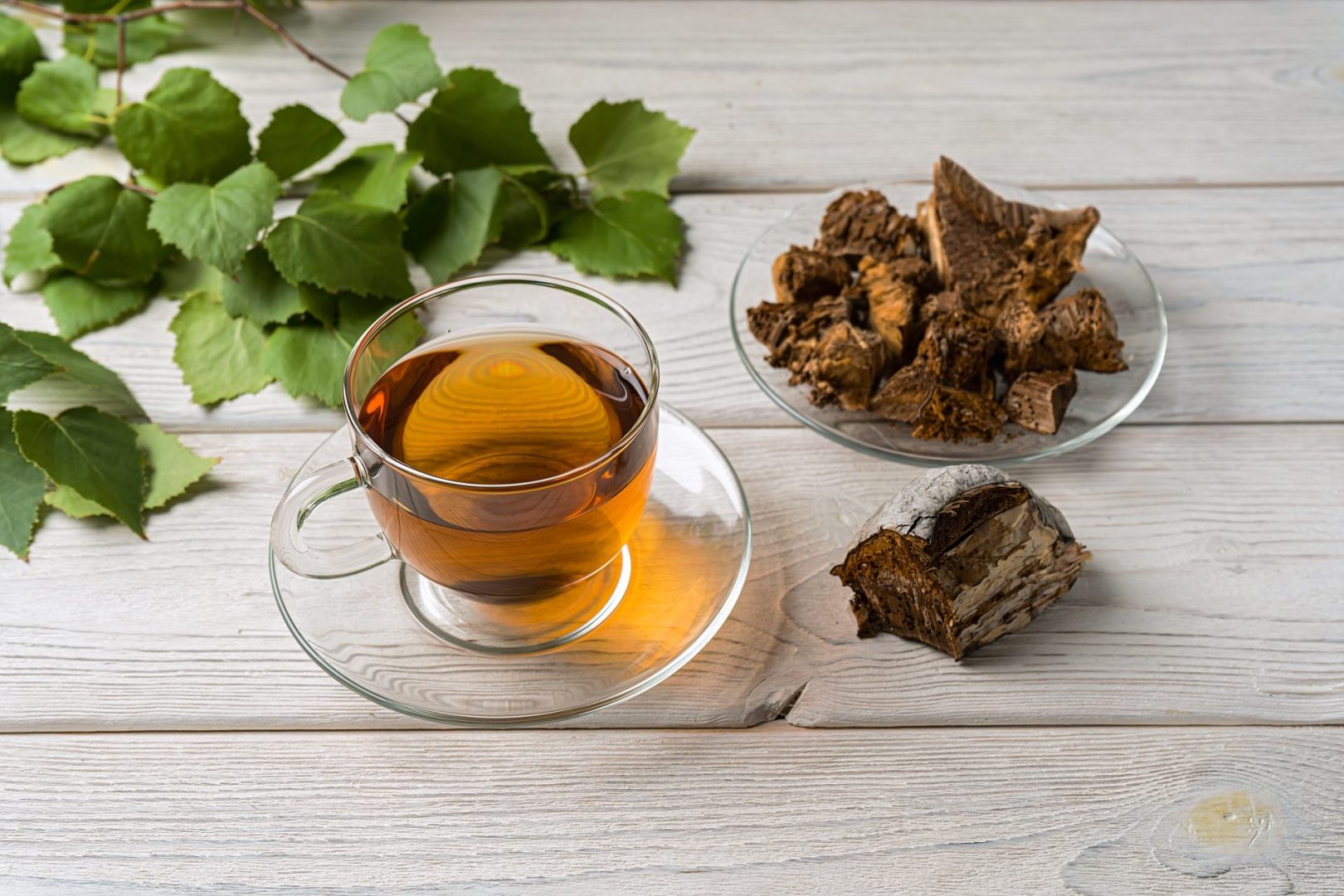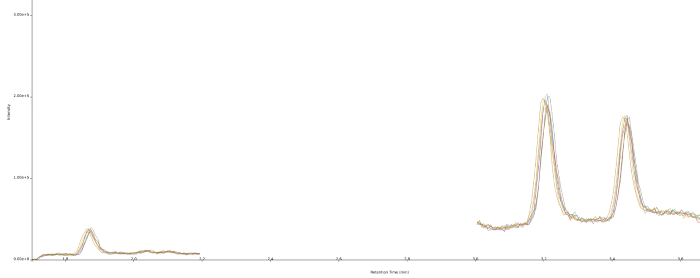
Discover how five powerful botanical brews can revolutionize your emotional well-being
The ritual of brewing tea has transcended its centuries-old tradition to become a modern antidote to our increasingly chaotic lives. As mental health conversations gain momentum and self-care evolves from buzzword to necessity, researchers are uncovering compelling evidence that certain herbal infusions offer more than just warmth—they deliver measurable psychological benefits that can reshape how we navigate daily stress.
While pharmaceutical interventions dominate mental health treatment, a quieter revolution is brewing in kitchens across America. These aren’t your grandmother’s remedies, though she might have been onto something. Contemporary science now validates what traditional healers have long understood: specific plants, when steeped properly, release compounds that interact with our neurochemistry in profound ways.
The Science Behind Botanical Mood Enhancement
Before dismissing herbal tea as merely placebo comfort, consider the biochemistry. Many herbs contain bioactive compounds that cross the blood-brain barrier, influencing neurotransmitter activity and stress hormone regulation. The polyphenols, flavonoids, and essential oils released during steeping aren’t just fragrant—they’re pharmacologically active, albeit gentler than synthetic alternatives.
The advantage of these botanical interventions lies in their accessibility and minimal side effects. Unlike prescription medications that often require titration and monitoring, herbal teas integrate seamlessly into daily routines. The act of preparation itself becomes meditative, creating a pause that our overstimulated nervous systems desperately need.
Five Essential Teas for Emotional Wellness
Turmeric: The Golden Mood Stabilizer
The vibrant yellow brew derived from turmeric root has captured scientific attention for good reason. Curcumin, its primary active compound, demonstrates remarkable antidepressant properties by modulating serotonin and dopamine levels. Research suggests regular consumption may rival conventional antidepressants for mild to moderate depression, without the concerning side effects.
Beyond mental health, turmeric functions as a full-body therapeutic agent. Its anti-inflammatory action supports cardiovascular function, protecting against the heart disease often comorbid with depression. The liver benefits from curcumin’s detoxifying properties, while women with polycystic ovary syndrome report symptom improvement—a condition frequently accompanied by mood disturbances. This golden infusion addresses both the psychological symptoms and their physiological underpinnings.
Chamomile: The Anxiety Antidote
Few plants boast chamomile’s extensive therapeutic resume. This daisy-like flower produces a honey-sweet infusion that soothes both body and mind. Its active compounds, particularly apigenin, bind to benzodiazepine receptors in the brain, producing genuine anxiolytic effects without dependency risks.
The digestive benefits prove particularly relevant for mental health, given the gut-brain axis’s crucial role in mood regulation. Chamomile’s ability to stabilize blood sugar prevents the energy crashes that trigger irritability and anxiety. Its most celebrated benefit—improved sleep architecture—addresses the insomnia that both causes and results from mood disorders. Quality rest becomes the foundation upon which better mental health builds.
Passionflower: Nature’s Tranquilizer
When anxiety manifests as racing thoughts and physical tension, passionflower offers comprehensive relief. This climbing vine produces an infusion rich in flavonoids and alkaloids that enhance gamma-aminobutyric acid activity, the neurotransmitter responsible for calming neural excitation.
Clinical trials demonstrate passionflower’s effectiveness rivals pharmaceutical anxiolytics for generalized anxiety disorder. Blood pressure reductions occur within weeks of regular consumption, alleviating the cardiovascular strain that chronic stress imposes. The hormonal balancing properties prove especially valuable during perimenopause and menstruation, when mood volatility peaks. Sleep quality improvements compound these benefits, creating an upward spiral of emotional stability.
Lavender: The Nervous System Soother
Lavender’s reputation as a calming agent extends beyond aromatherapy folklore. When consumed as tea, its volatile oils and polyphenols provide systemic relaxation that penetrates deeper than scent alone achieves. The herb’s anxiolytic properties stem from its ability to modulate the autonomic nervous system, shifting the body from fight-or-flight to rest-and-digest.
Women particularly benefit from lavender’s anti-inflammatory action during menstruation, when prostaglandins trigger both physical discomfort and mood disturbances. The cyclical nature of hormonal mood changes responds well to regular lavender consumption, creating a buffer against the emotional turbulence that many experience monthly. Its gentle sedative effect never produces grogginess, making it suitable for daytime stress management.
Peppermint: The Mental Clarity Catalyst
While other teas sedate, peppermint energizes without the anxiety that caffeine can trigger. Its menthol content stimulates cognitive function, sharpening focus and dispelling the mental fog that accompanies depression and chronic stress. The invigorating aroma alone activates brain regions associated with alertness and memory.
Tension headaches, often stress manifestations, respond remarkably to peppermint’s analgesic properties. The tea clears sinus congestion that can contribute to irritability and fatigue. Its thermogenic effect supports metabolic function, addressing the weight concerns that often accompany and exacerbate mood disorders. For those experiencing the lethargy and difficulty concentrating characteristic of depression, peppermint provides a gentle stimulation that rebuilds motivation without jitters.
Integrating Tea into Your Mental Health Strategy
The key to harnessing these benefits lies in consistency rather than intensity. Daily consumption, preferably as part of a mindful ritual, allows compounds to accumulate and exert sustained effects. Consider rotating varieties to address different aspects of mental wellness—turmeric for baseline mood support, chamomile for sleep, passionflower during high-stress periods, lavender for hormonal fluctuations, and peppermint when focus falters.
Preparation matters. Water temperature, steeping duration, and even the vessel used contribute to both compound extraction and the ceremonial aspects that enhance psychological benefits. Creating a dedicated space for tea preparation and consumption transforms a beverage into a practice, signaling to your nervous system that respite has arrived.
Beyond the Cup
These botanical interventions work best as components of comprehensive self-care, not replacements for professional treatment when needed. They complement therapy, medication, exercise, and social connection rather than substituting for them. The beauty lies in their gentleness and accessibility—no prescription required, minimal financial investment, and side effects limited to occasional mild digestive adjustment.
As autumn settles and seasonal affective patterns emerge, these five teas offer a proactive approach to mental health maintenance. They represent neither miracle cures nor mere placebos, but rather evidence-based tools that bridge ancient wisdom and contemporary neuroscience. In a world that increasingly recognizes mental health as inseparable from physical wellness, a carefully chosen cup of tea becomes more than comfort—it becomes medicine.
link







